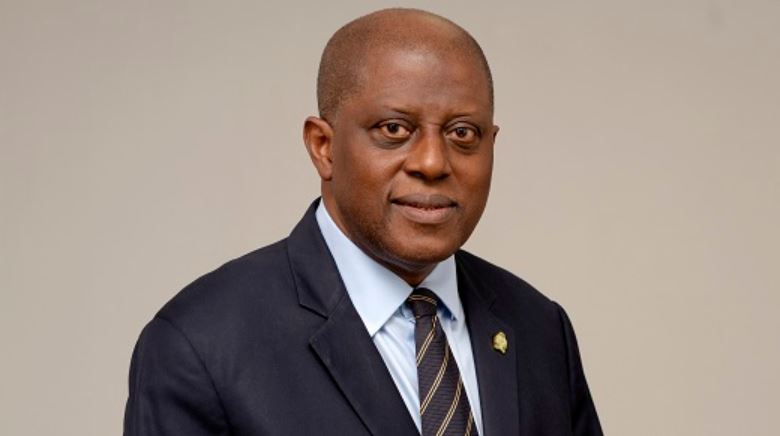Nigeria’s MPC Reconvenes amid Easing Inflation
Businesses hope for interest rate cut
Summary
- Nigerian businesses urge Central Bank to ease rates from 27.5% as inflation shows signs of decline
- Manufacturers say high borrowing costs above 30% hurt growth and competitiveness
- Analysts propose modest cut of 50–200 basis points; others urge caution due to inflation and geopolitical risks
- Global monetary trends from the U.S. Fed and Bank of England add pressure on CBN’s decision-making
Abuja, Nigeria — As Nigeria’s Monetary Policy Committee (MPC) meets in Abuja from 22 July 2025, hopes are rising among local businesses and manufacturers that the Central Bank of Nigeria (CBN) will finally ease its tight monetary stance by reducing the Monetary Policy Rate (MPR), which has held steady at 27.5% throughout the year.
The optimism is underpinned by fresh data from the National Bureau of Statistics, showing that headline inflation slowed to 22.22% year-on-year in June, down from 22.97% in May, helped by declining energy prices and favourable base effects. Core inflation also dropped to 22.76%, compared to 27.4% in June 2024.
Business groups, particularly small and medium-sized enterprises (SMEs) and manufacturers, argue that the current interest rate regime, with borrowing costs often exceeding 30–35%, has made credit largely inaccessible, constrained operations, and eroded their competitiveness, especially against cheaper imports.
Segun Ajayi-Kadir, Director-General of the Manufacturers Association of Nigeria, has stressed that a rate cut is vital for restoring profitability and production in the sector. Analysts like Egbesola suggest a modest reduction of 50–100 basis points could stimulate business activity and support economic recovery without jeopardising monetary stability.
However, not all experts agree. Despite declining inflation, some analysts warn that inflationary pressures remain high, especially with food prices still rising, and advise against aggressive easing. On X, economists cited 35% inflation estimates in some sectors and lingering geopolitical uncertainties as reasons for caution. Some propose a maximum 200 basis points cut as a compromise.
Global monetary trends are also influencing expectations. The U.S. Federal Reserve, which has held rates at 4.25%–4.50% since December 2024, is not expected to ease until September 2025 due to a recent inflation uptick. Similarly, the Bank of England, having kept its base rate at 4.25%, is split on rate direction as UK inflation remains above target at 3.4%. These global signals affect emerging markets like Nigeria by influencing investor sentiment, capital flows, and exchange rate dynamics.
In Nigeria, signs of exchange rate stability and sustained disinflation offer the CBN a potential opening to ease. But risks abound: a premature cut could reignite inflation, while maintaining high rates may deepen the country’s economic challenges, stifling growth and job creation.
The outcome of the July MPC meeting could be pivotal. Businesses and economists alike await the CBN’s decision, which must strike a delicate balance between stimulating growth and preserving macroeconomic stability in a fragile economic environment.







